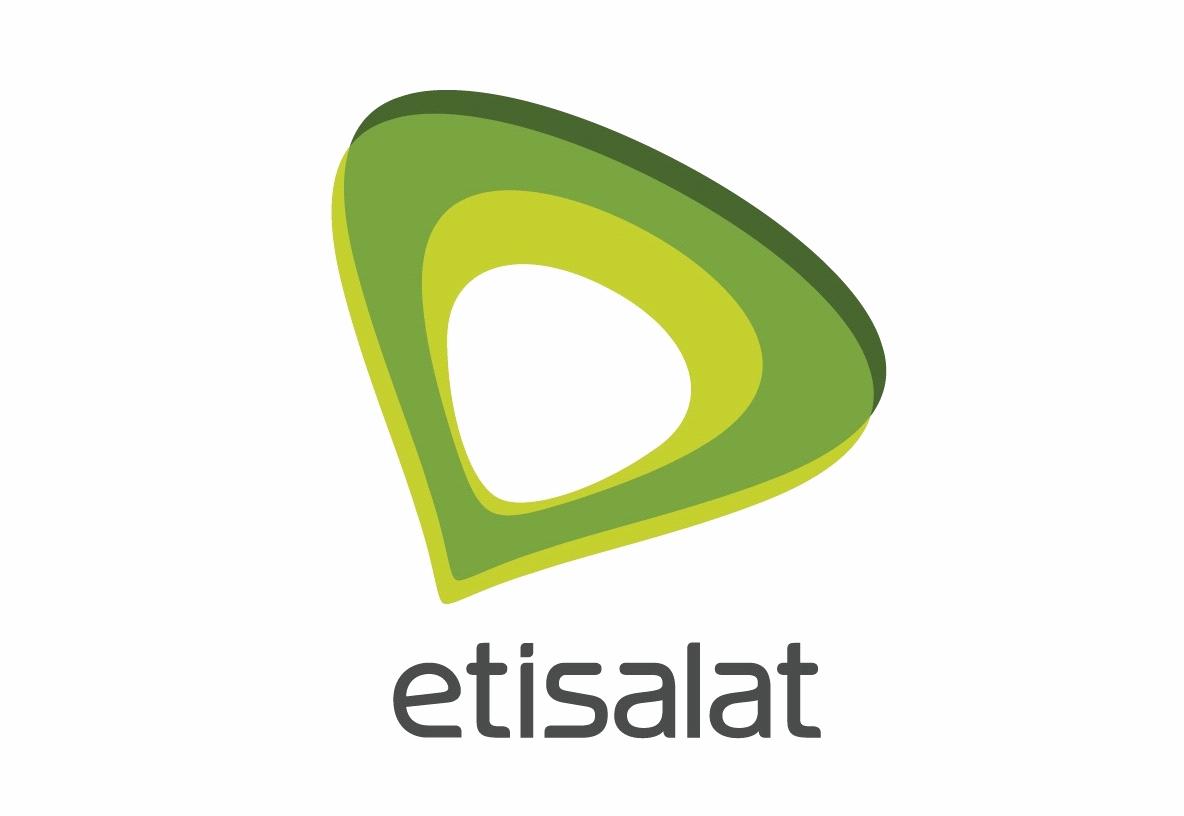- $1.2bn Debt: Etisalat Loses 2.9 Million Subscribers
Etisalat Nigeria’s $1.2bn debt burden may have taken a toll on its operations as over 2.9 million subscribers left its network in six months.
One of Nigeria’s major telecommunications companies, Etisalat, lost over 2.9 million subscribers in the last two quarters, investigation has revealed.
Findings by our correspondent showed that as of September 2016, there were 22.5 million active subscribers on the network but the figure dropped to 20.8 million by December. This represents a loss of 1.7 million subscribers within three months.
The drop, thus, represents a loss of about N3.1bn potential revenue for Etisalat for the quarter, going by the industry’s average revenue of N1,830 per user, according to the quarterly subscriber operation data obtained from the Nigerian Communications Commission.
Similarly, in the first quarter of this year, the telco lost 1.2 million subscribers. This is also estimated to cost the telecoms company potential revenue of about N3.8bn.
Fact checks showed that between September last year and end of March, this year, Globacom increased its subscribers from 36.9 million to 37.3 million; Airtel grew from 34.1 million to 34.6 million but MTN dropped in subscriptions from 60.5 million to 60.3 million.
Observers conversant with Etisalat’s operations said the poor network investment, occasioned by $1.2bn debt to eight Nigerian banks, was adversely affecting the company’s ability to deliver quality service and impeding its expansion.
“As such, we are beginning to see an exodus of subscribers from Etisalat network to rival networks, most especially now that subscribers have options through the Mobile Number Portability,” a source conversant with the Etisalat’s operations said.
On the contrary, a former senior manager of a rival telco, MTN, disagreed that Etisalat’s quality services had disappeared because of the loan crisis and that subscribers were porting away due to poor services and reduced expansion.
She said, “It would rather be convenient to say that due to steps taken to pay the $1.21bn debt, it (Etisalat) currently doesn’t have the kind of cash flow for product development, product activation, promos and advertising, and other activities that should retain its customers at the bottom of the pyramid.
“The customers at the bottom of the pyramid are about 90 per cent and are those who don’t have any permanent loyalty to a particular telecoms company and are easily taken aback by small things like promos and advertising promises, bearing in mind that getting another SIM card costs just only N300.
The source, who spoke on condition of anonymity since she is no longer in the industry and would not want to be seen as working for a particular telecoms firm, said, “As a matter of fact, Etisalat has the best services – voice and data – in the country. Even when I worked in MTN until recently, most of us kept Etisalat as a second SIM card.”
Apart from owing eight local banks, it was also discovered that the company owed tower firm, IHS Nigeria.
This was made known by the IHS, which said that it had experienced instability in terms of timing of settlement of invoices with certain customers including Etisalat.
It should be recall that in 2014, the World Bank lent $200m to the London-based African tower manager, IHS, for the acquisition of about 2,100 tower sites from Etisalat Nigeria. Under this Master Lease Agreement, Etisalat sold its tower assets to the IHS, while the IHS leased it back in exchange for lease rentals.
The IHS also has an $800m bond, which is partly securitised from the cash flows of the Etisalat lease.
“We do experience volatility in terms of timing of settlement of invoices with certain customers. We have a strong relationship with Etisalat and it has continued to make some payments under our Master Lease Agreement.
“As of December 31, 2016, $8.5m was more than 120 days overdue from Etisalat. This amount represents less than 2.5 per cent of the expected proforma full-year combined revenue of the group for 2016,” a press statement from the company stated.
An analyst with JP Morgan, Zafar Nazim, said that it had downgraded the IHS bonds due 2021 because of Etisalat Nigeria as it was uncertain whether the company could keep up with the lease commitments.
Fitch Rating has said the IHS might experience delays in collecting payments from Etisalat Nigeria over the short term, but medium-term prospects should remain broadly intact.
“Should Etisalat Nigeria go into bankruptcy proceedings, we believe its creditors will want to maximise recovery prospects by continuing normal mobile network operations, which include payments to the IHS for use of its tower infrastructure,” it said in a statement.
But in an e-mail sent to our correspondent, the Vice-President, Regulatory and Corporate Affairs, Etisalat Nigeria, Ibrahim Dikko, said remarkable progress had been made to resolve the loan crisis.
His mail read, “We are optimistic that an agreement will be reached shortly and this will be communicated through the appropriate channels of the involved stakeholders.
“As a business, our immediate focus is to ensure that we not only sustain a positive performance, but that we are in a position to continue to grow the business, deliver excellent customer service and increase value to our stakeholders, which include our bankers.”


 Naira4 weeks ago
Naira4 weeks ago
 Naira4 weeks ago
Naira4 weeks ago


 Naira4 weeks ago
Naira4 weeks ago




 Naira3 weeks ago
Naira3 weeks ago
 Commodities4 weeks ago
Commodities4 weeks ago


 News4 weeks ago
News4 weeks ago


 Banking Sector4 weeks ago
Banking Sector4 weeks ago
 Travel4 weeks ago
Travel4 weeks ago























